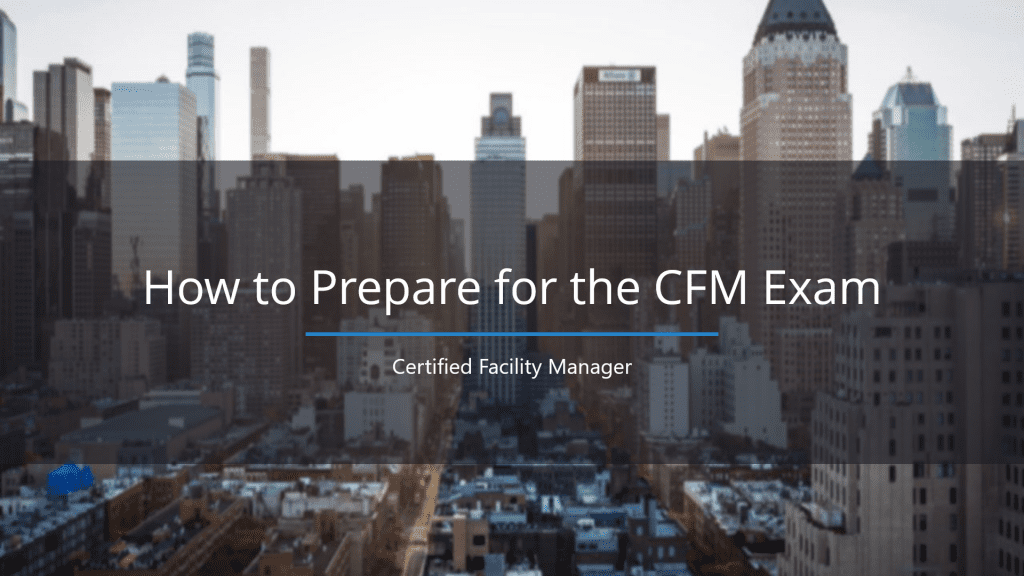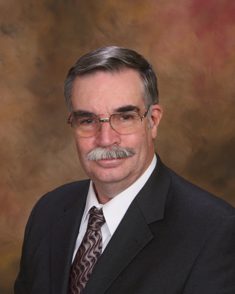FREE WEBINAR:
Making HFM Your Competitive Advantage to Earn the CHFM as Well!

Our webinar is chock-full of great Content
Are you ready to sit back and enjoy a great watch?
What’s Covered
- What does the exam cover?
- What is the exam like?
- Timing? Number of Questions?
How do you qualify to take the exam?
- Experience requirement
- Ethics Course requirement
- Fee for exam
Do you have to take certain courses to be eligible?
- We’ll discuss requirements and pathways in detail
- We’ll answer your questions about specific situations
- We’ll discuss methods, books and tools that are useful if you intend to prepare for the exam on your own, or as part of a study group.
How to prepare with IFMA’s pathway and courses
- We’ll discuss recent changes in IFMA’s program to prepare for the CFM exam
- We’ll discuss using their coursework to prepare for the exam
How to prepare with other FM programs
- We’ll talk about university FM programs that may be a useful pathway.
- We’ll talk about other credential programs that are a good pathway to preparation for the CFM exam also.
Meet Our Presenter

Robert Blakey
Director, Sr. Instructor
M. Sc. Engineering Management
CEM, CFM, CHFM, FMP, LEED AP, MRICS, ProFM, SFP, VMA
As many others have before him, Robert realizes that for much of the world, facilities management is a “house divided against itself”. On the one side is the Design & Construction (D&C) part of the house. On the other side is Operations & Maintenance (O&M). These two halves of the house look at the problems of facilities management quite differently in most organizations. D&C is classically focused around minimizing the cost of acquisition and construction of facilities. O&M is focused around minimizing the cost of operation and maintenance of facilities.
Life-Cycle Analysis is the “language” that can communicate these goals to both sides of “The House”.
Robert takes a unique approach to life-cycle studies. He believes that the outcome of a construction project is the true reason we build. That this outcome impacts us on several different levels; global, organizational, program, and individual. If we do not take these outcomes into account financially when deciding the project budget we significantly reduce the potential benefit returned to us for our investment. In essence this approach means that life-cycle analysis becomes a planning tool instead of simply a validation tool. Currently, others are only using life-cycle analysis as a validation tool.
In support of this approach, Robert is continuing to do significant and pioneering work in the application of economic decision analysis to facility master-planning & pre-design decision processes.
Have Additional Questions? We Can Help!
Contact our FM College Customer Care team.
Order Online Email Us: [email protected] Call Us: +1-206-673-4830 (Worldwide and WhatsApp)
